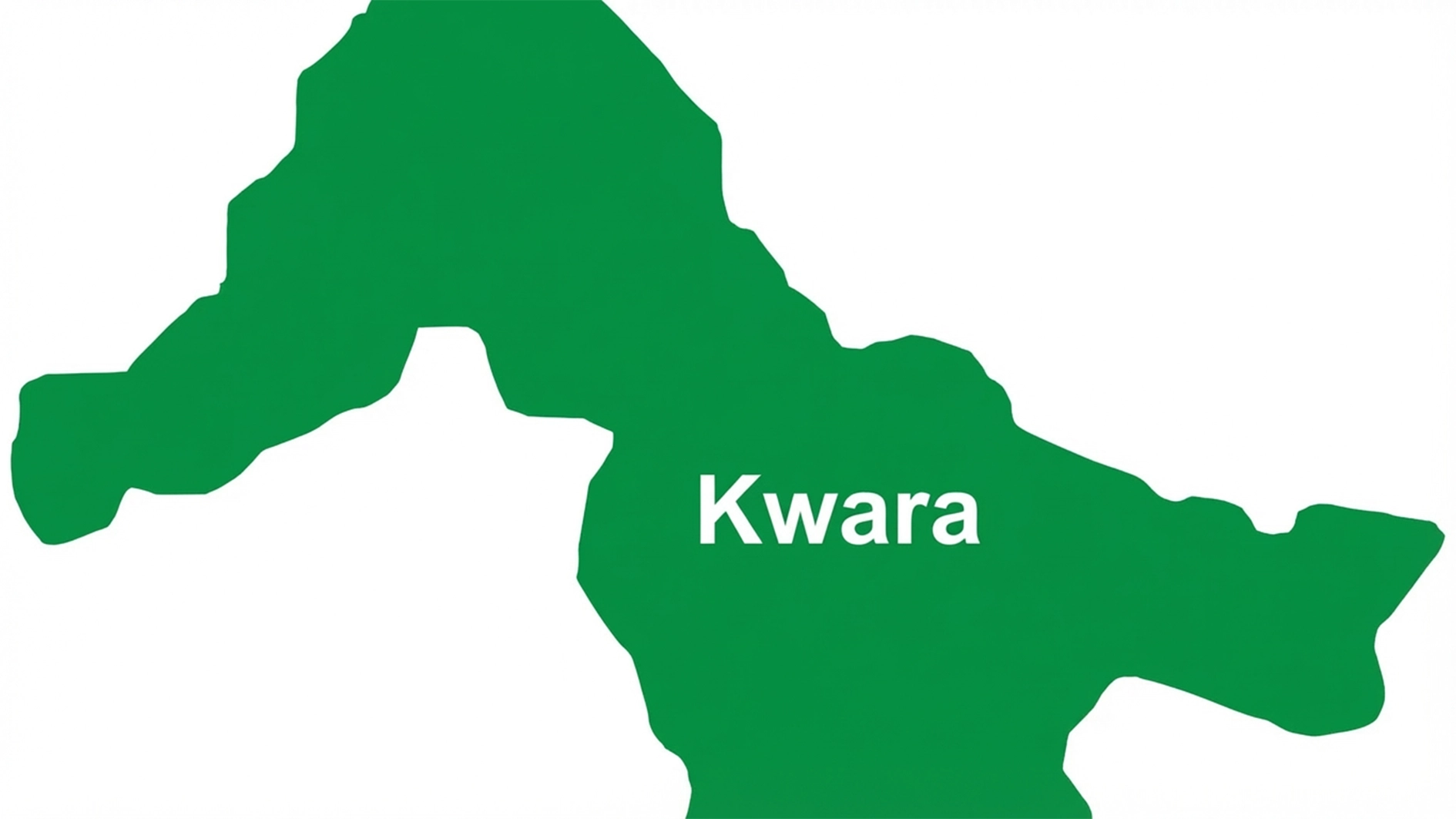
• As World Bank pledges $750m support
Federal Government has introduced Regulatory Impact Analysis (RIA) Framework to create a more favourable and business-friendly environment. Director-General of the Presidential Enabling Business Environment Council (PEBEC), Zahrah Audu, disclosed this at the State House Conference Centre, Abuja, during the Second Existing Foreign Direct Investors Roundtable and Regulators’ Forum and the launch of Nigeria’s regulatory impact analysis framework.
She stressed the significance of Nigeria being competitive and investment-friendly, saying that with $750 million in World Bank support, the State Action Plans for Enabling Business Reforms Programme would improve state-level business environments for the initiative.
She also assured that the government was striving to finance incentives that would carry out reforms to help SMEs to generate employment and draw in investments.
Audu noted that PEBEC was founded to remove long-standing barriers to doing business in Nigeria, adding that the council had carried out more than 200 daring changes in a variety of industries over the years, concentrating on six strategic work streams to maintain progress.
“Today’s launch of the Regulatory Impact Analysis Framework is a major milestone in our regulatory reforms,” she stated, explaining: “This framework ensures that all new regulations undergo thorough assessments to evaluate their economic, social and environmental impact, reducing unnecessary business hurdles while safeguarding public interests.” Audu said FDI was crucial for Nigeria’s economic diversification, job creation and technological advancement.
“To attract and retain FDI, we must streamline our regulatory processes. The RIA Framework will foster a predictable, transparent and business-friendly regulatory environment. By collaborating with local and international institutions, we can bridge infrastructure gaps, boost productivity and lower the cost of doing business.”
The PEBEC DG reaffirmed President Bola Tinubu administration’s commitment to supporting both new and existing investors, ensuring that policies align with investor expectations. Audu concluded by reiterating the need for continued public-private dialogue aimed at ensuring effective implementation of reforms.
“We are committed to making Nigeria the preferred investment destination in Africa. Together, let’s create an environment where businesses thrive, investments flourish and millions of Nigerians benefit from economic growth,” she said.
In his remarks, Governor Hyacinth Alia of Benue State identified the state as a premier destination for investment. He underscored the state’s strategic location, abundant natural resources and commitment to fostering a business-friendly environment.
“Benue is strategically located in the heart of Nigeria, making it an ideal hub for businesses looking to expand their reach across the nation,” Alia stated. Governor of Enugu State, Peter Mbah outlined an ambitious sevenfold economic growth projection over the next six years, targeting a 27 per cent compounded yearly growth rate.
He stressed that private sector investment was central to achieving this vision, just as he outlined his administration’s ambitious vision to transform the state’s economy.






